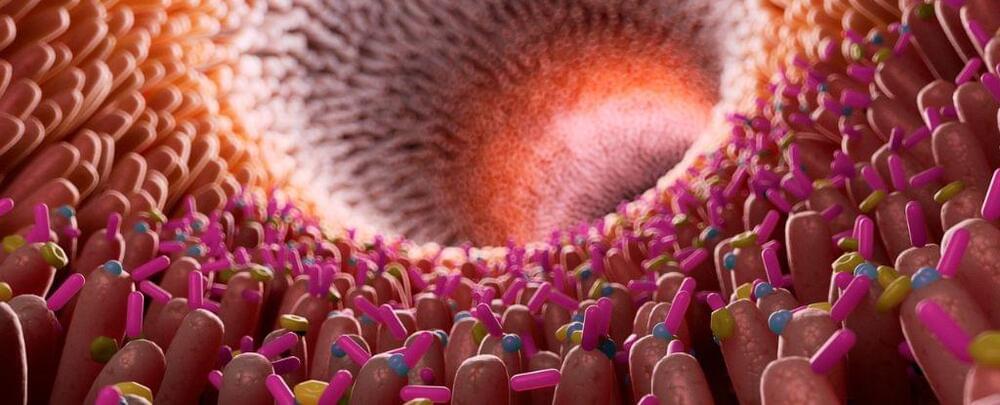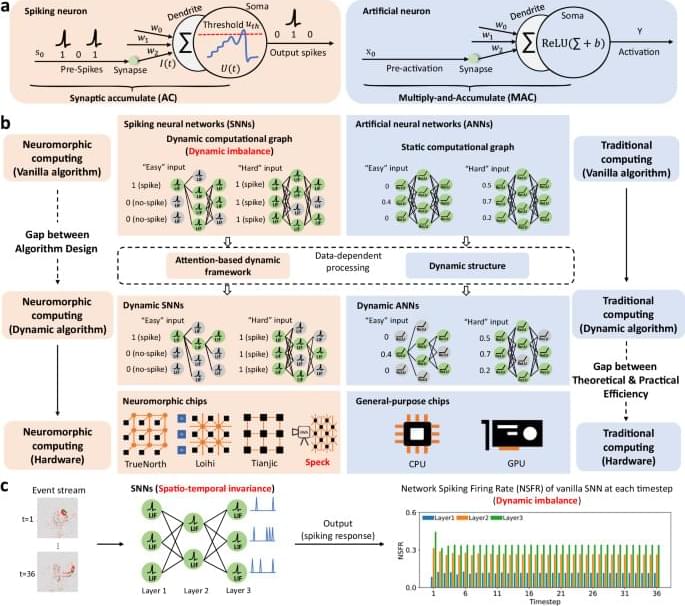Researchers connecting pieces of the massive Alzheimer’s puzzle are closer to slotting the next one in place, with yet another link between our guts and brain.
Animal studies have demonstrated Alzheimer’s can be passed on to young mice through a transfer of gut microbes, confirming a link between the digestive system and the health of the brain.
A 2023 study adds further support to the theory that inflammation could be the mechanism through which this occurs.









